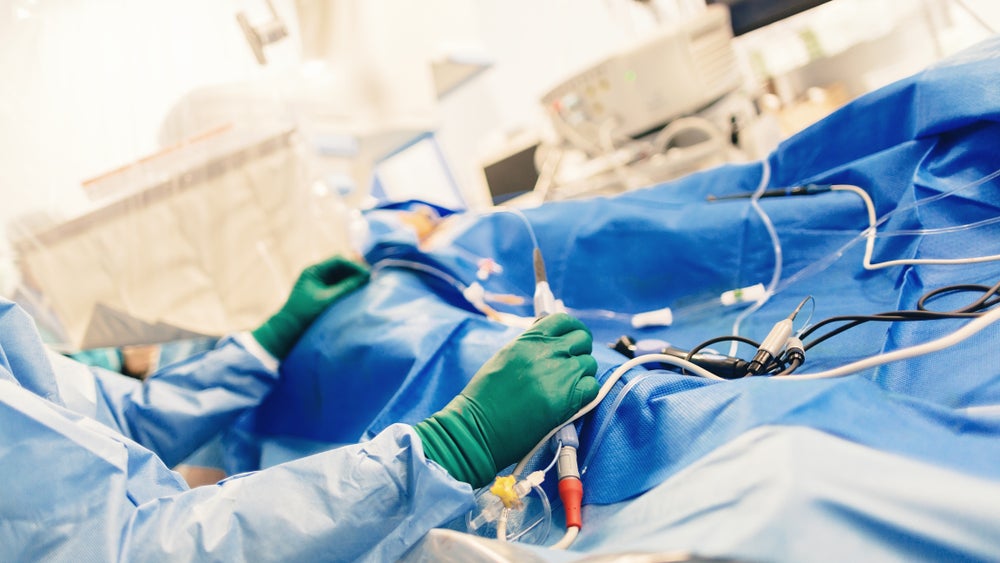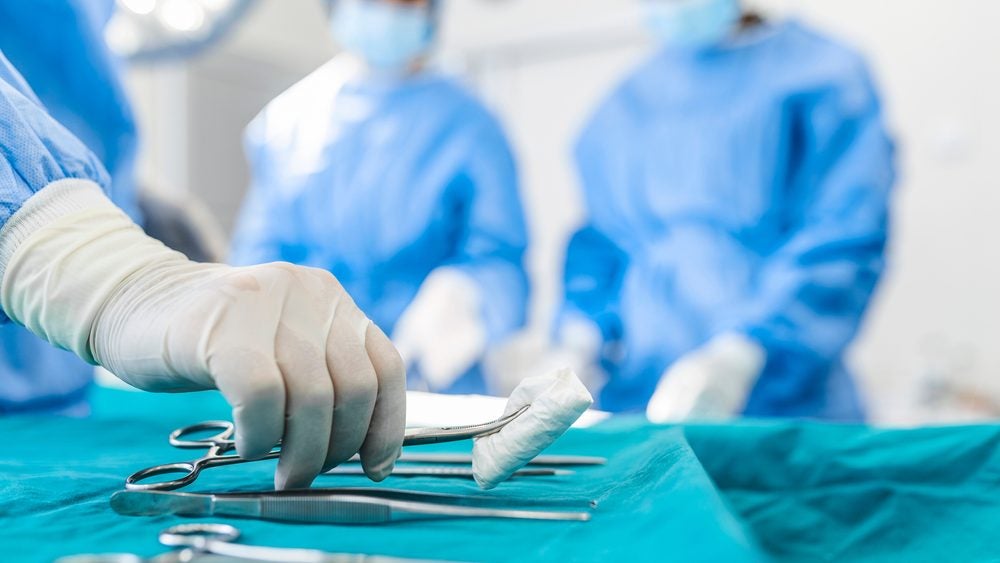
Medical data is more valuable than credit card details, says Synopsys
Healthcare data surpassed the value of credit card or social security numbers for hackers, according to Synopsys’s Software Integrity Group managing consultant Olli Jarva, commenting in response to the major cyber attack on Singapore’s government health database.
The hackers involved in the Singapore attack stole the personal information of around 1.5 million people, including Prime Minister Lee Hsien Loong.
With regards to what healthcare providers could be doing to protect such information, Jarva said: “When we are designing and building the systems to be resilient for cyber-attacks, we have to start building security from within, rather than only relying on perimeter defence.
US House votes to permanently repeal medical device tax
The United States House of Representatives approved a bipartisan legislation intended to permanently repeal medical device tax in the country.
The Protect Medical Innovation Act bill was authored by Minnesota Rep Erik Paulsen.
It has been passed by a 283-132 vote, and has to be further passed by the Senate before being signed into law by the president.
How well do you really know your competitors?
Access the most comprehensive Company Profiles on the market, powered by GlobalData. Save hours of research. Gain competitive edge.

Thank you!
Your download email will arrive shortly
Not ready to buy yet? Download a free sample
We are confident about the unique quality of our Company Profiles. However, we want you to make the most beneficial decision for your business, so we offer a free sample that you can download by submitting the below form
By GlobalDataAustralian researchers develop test to detect melanoma in early stages
Researchers at the Edith Cowan University (ECU), Australia, developed a blood test to detect melanoma in its early stages.
The blood test trial was carried out on 105 people with melanoma and a control group of 104 healthy individuals. The test detected early-stage melanoma in 79% of cases.
Australia is claimed to have the second highest rate of melanoma in the world and has 14,000 new diagnoses, with around 2,000 deaths annually. These deaths could be prevented if it is identified early.
Surgical implants provide habitat for microbial growth
A University of Copenhagen study found that surgical implants such as screws inserted into the body provide a habitat for bacteria and fungi to grow, contrary to the general belief that they are completely sterile.
The university’s Faculty of Health and Medical Sciences team analysed 106 implants, including knees and pacemakers, and the surrounding tissue from four different patient populations.
They observed more than 70% of 78 implants had bacteria and/or fungal growth but none of the patients showed any signs of infection.
Researchers study blood test for prostate cancer therapy response
An international research team conducted a study to evaluate the capability of a new blood test to predict treatment response in patients with advanced prostate cancer.
The team involved Canadian Lawson Health Research Institute, Memorial Sloan Kettering Cancer Center and medical diagnostics company Epic Sciences in the US, and the UK’s Royal Marsden Trust.
Developed by Epic Sciences, the liquid biopsy test is intended for patients who want to switch from hormone-targeting therapy to chemotherapy.
Dragonfly-inspired implants to address post-surgery infection
A team from the University of Adelaide and University of South Australia (UniSA) initiated a research project inspired by dragonfly wing structure to develop new medical implants for minimising the risk of post-surgery infection in orthopaedic cases.
The dragonfly wings contain tiny spikes that destroy bacteria, and the researchers intend to utilise a nano-modification technology based on this structure and coat the new implants with an antimicrobial surface.
Under the $20m, four-year medical and manufacturing project, the team is currently performing various experiments to determine if leveraging the nano-patterns of the dragonfly wing for orthopaedic implants can destroy infection-causing bacteria.
Bayer to discontinue sale of Essure device in US
Bayer revealed plans to voluntarily stop selling its birth control product Essure in the US after 31 December.
In April, the FDA ordered a restriction on the marketing of the device and asked Bayer to provide adequate risk information, as well as imposed other requirements to ensure the device’s safety and effectiveness.
However, Bayer noted that the decision to discontinue sales and distribution of the non-surgical implant is not due to its benefit-risk profile.
Magnetic wire can identify cancer in blood
Researchers at the Stanford University School of Medicine in the US created a magnetic wire to capture free-floating tumour cells in the blood patients.
Expected to aid in early diagnosis, the wire is threaded into a vein to detect even scarce and hard-to-capture tumour cells.
The wire attracts unique magnetic nanoparticles that have been engineered with an antibody to bind to any tumour cells circulating in the bloodstream and pull them out.
UK imposes immediate ban on surgical vaginal meshes
The UK Government and NHS accepted the Independent Medicines and Medical Devices Safety Review’s recommendation to suspend the use of vaginal meshes.
The vaginally inserted surgical meshes, indicated for stress urinary incontinence, will not be used in the country until the determination of certain conditions to minimise the associated risk of injury.
In January, the UK agreed to a large-scale audit into the recovery of women who received vaginal mesh implants, to understand the scale of complications caused by these devices.
Boston Scientific to buy Claret Medical for up to $270m
Boston Scientific entered an agreement to purchase Claret Medical for an upfront cash payment of $220m.
The terms of the agreement include up to $50m as a potential reimbursement-based milestone payment.
The Claret Medical portfolio includes the Sentinel Cerebral Embolic Protection System intended to address the risk of stroke in patients undergoing transcatheter aortic valve replacement (TAVR).







